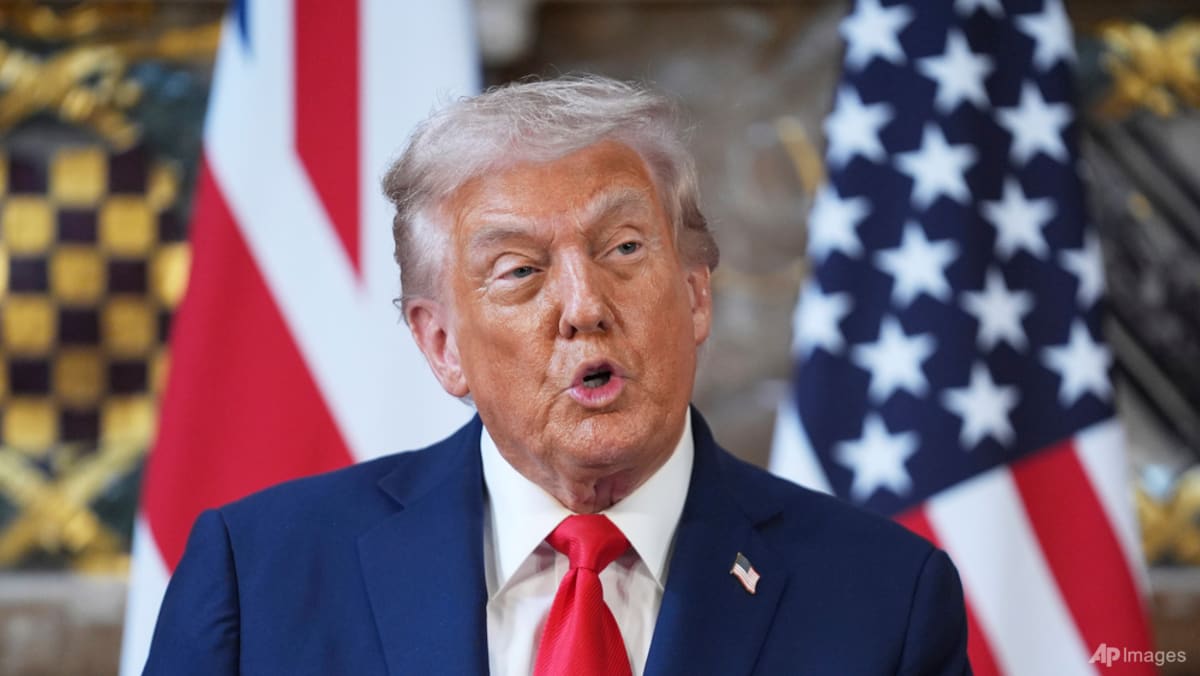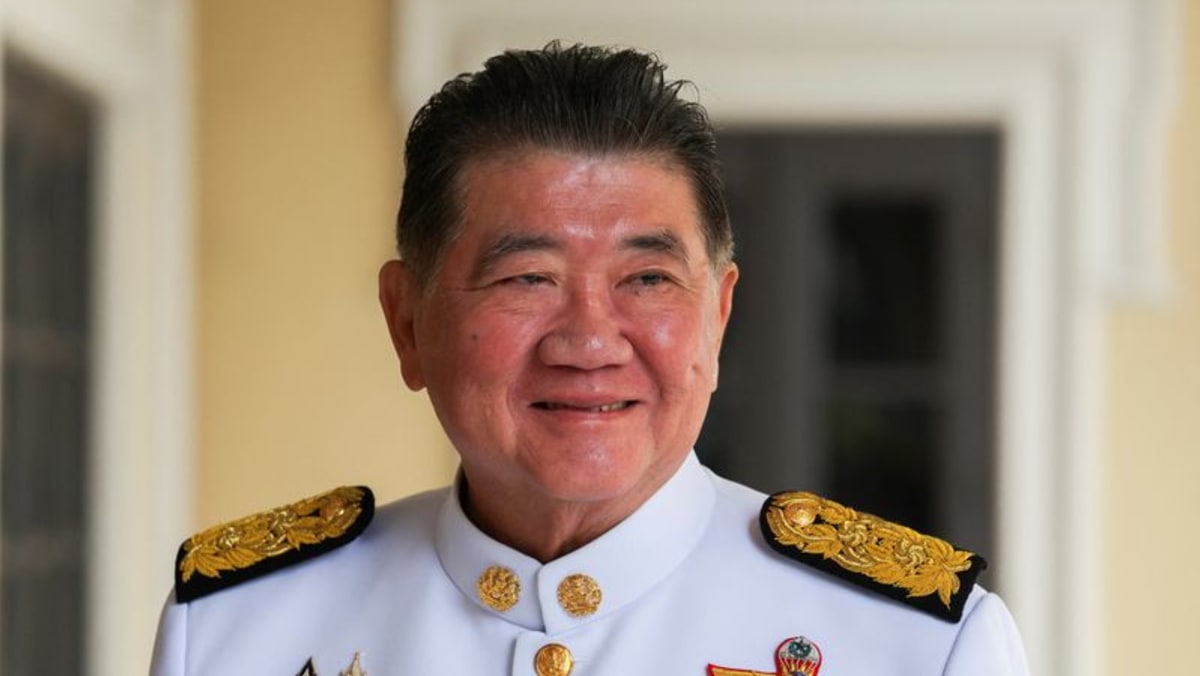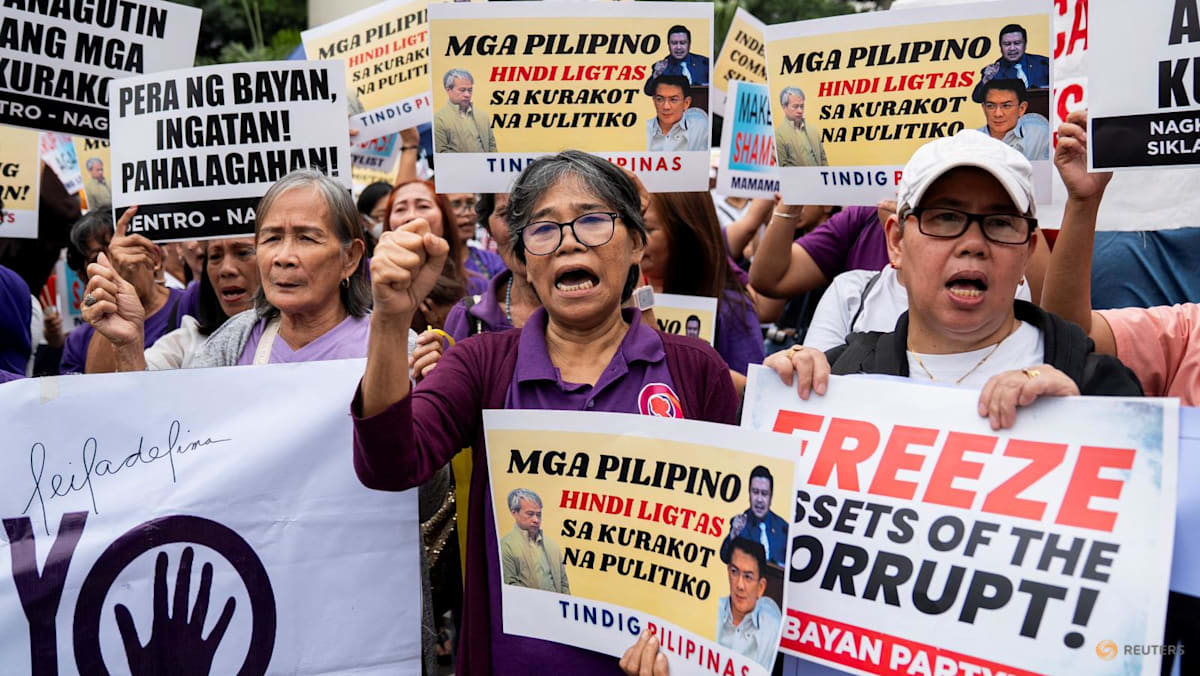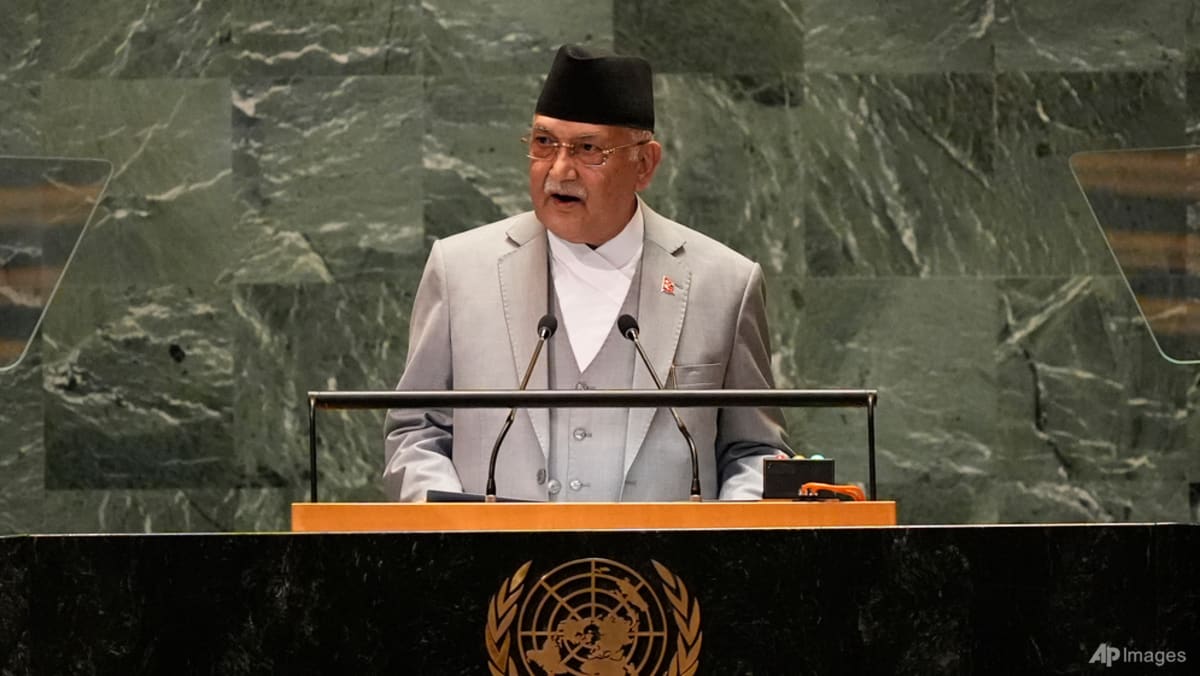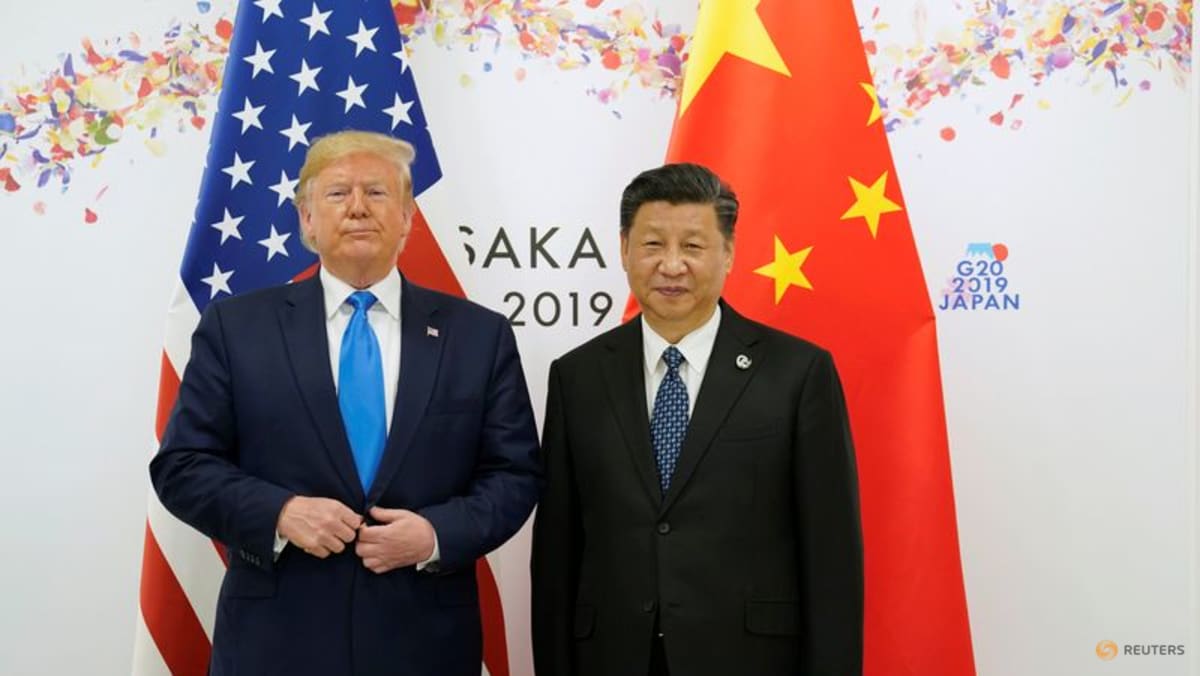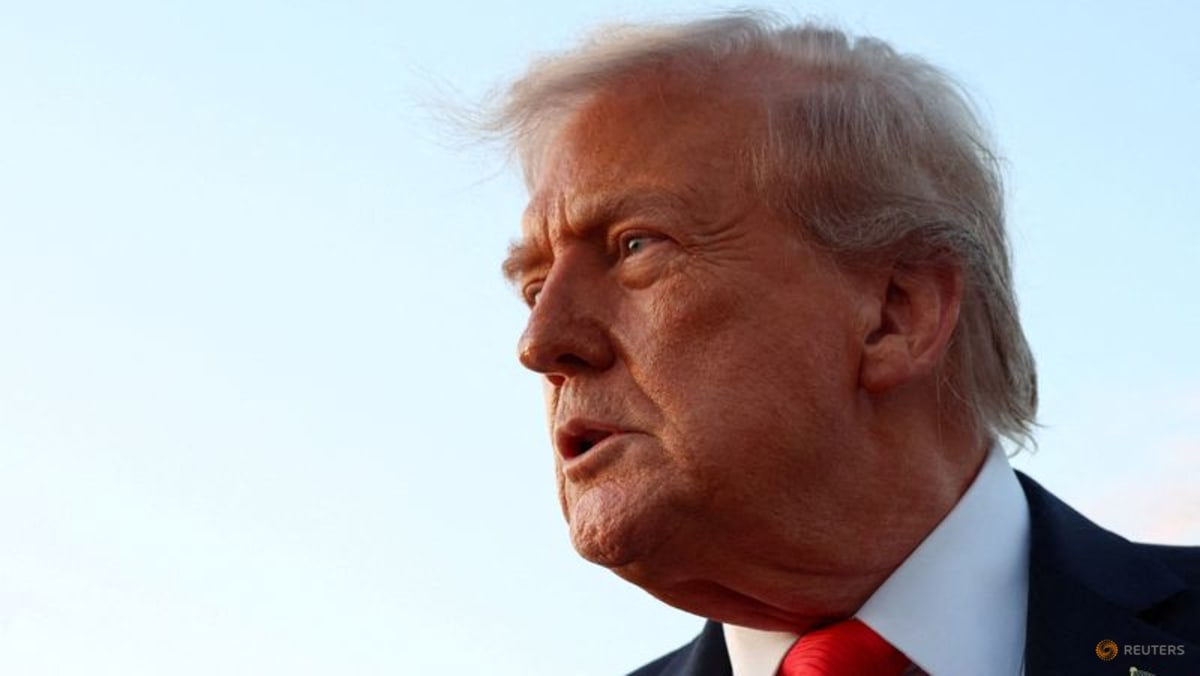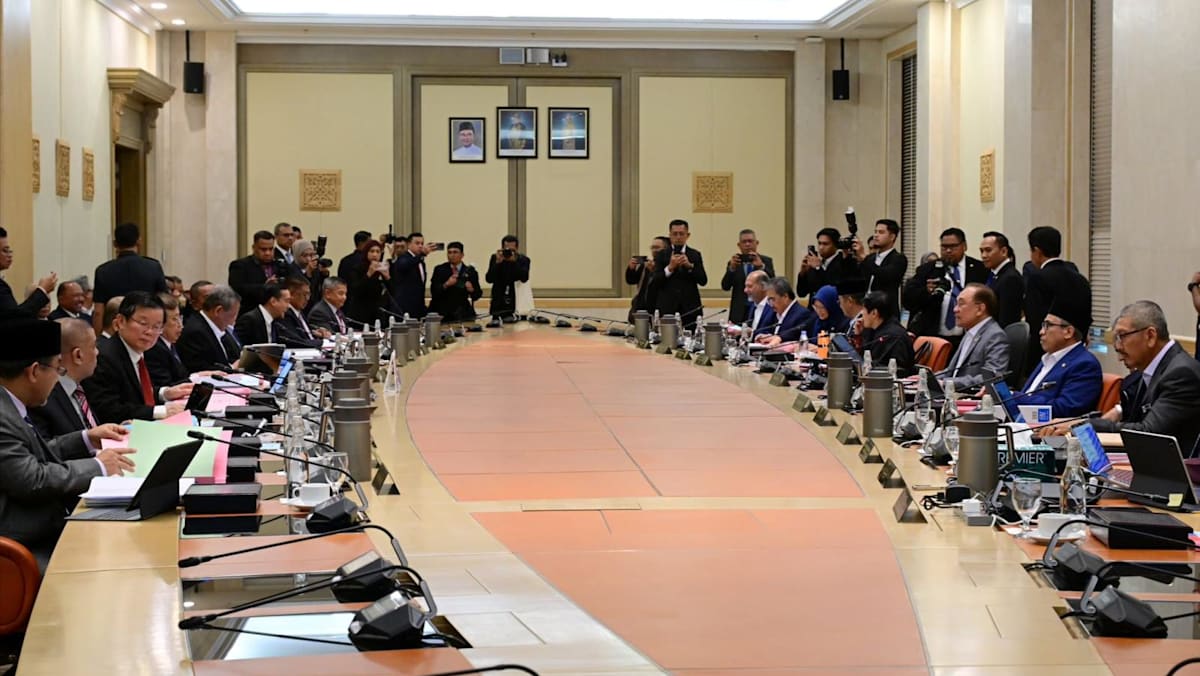DYNASTY LIEUTENANT
Phumtham’s rise has mirrored that of Thaksin, whose dynastic parties have been jousting with the country’s pro-monarchy, pro-military establishment since the early 2000s.
In the 1990s Phumtham was employed by the Thaksin-founded telecom giant Shin Corp, before entering politics full-time in 2001.
He served as deputy secretary-general of the Thai Rak Thai (Thais Love Thais) party, founded by Thaksin, and was appointed deputy transport minister in 2005.
After Thaksin was ousted in a coup, the party was dissolved and Phumtham was slapped with a five-year ban from politics.
But the movement remained a potent force, with Thaksin’s sister and brother-in-law both having stints as prime minister.
Paetongtarn was appointed in August, with the backing of the family’s Pheu Thai party.
Phumtham, considered Thaksin’s confidant, appeared by Paetongtarn’s side as she gave her first press conference as leader.
Although he has stepped into her shoes, he has signalled he remains loyal to the Shinawatra dynasty and told journalists he believes she will “survive the probe”.
Paetongtarn has been hobbled over a longstanding territorial dispute between Thailand and Cambodia, which boiled over into cross-border clashes in May, killing one Cambodian soldier.
When she made a diplomatic call to Cambodian ex-leader Hun Sen, she called him “uncle” and referred to a Thai military commander as her “opponent”, according to a leaked recording causing widespread backlash.
A conservative party abandoned her ruling coalition – sparking the Cabinet reshuffle – accusing her of kowtowing to Cambodia and undermining the military.
The Constitutional Court said there was “sufficient cause to suspect” Paetongtarn breached ministerial ethics in the diplomatic spat.

